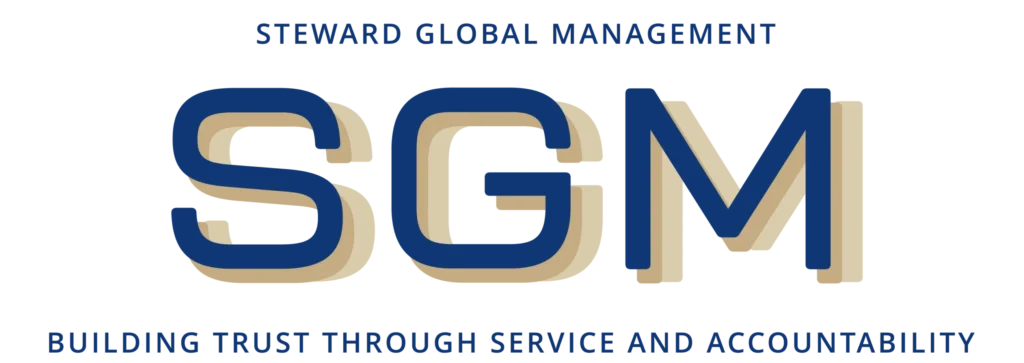When it comes to debt collection, it’s essential to understand the differences between first-party and third-party debt collection. Although both entail the collection of a debt that is owed, there exist notable distinctions between the two.
First-Party Debt Collection is when a creditor attempts to collect a debt that’s owed directly from the debtor. For example, if you owe money to a credit card company, they may attempt to collect the debt from you directly. In this case, the credit card company is the first-party collector.
The advantage of first-party debt collection is that the creditor has direct access to the debtor’s account information and payment history. They may be able to negotiate a payment plan or settle the debt for less than the full amount owed.
Third-Party Debt Collection is a collection agency hired to collect debt that’s owed to a creditor. In this case, the collection agency is the third-party collector.
The advantage of third-party debt collection is that the collection agency has experience and expertise in debt collection. They know the laws and regulations that govern debt collection, and they have strategies for collecting debts that may be difficult to collect.
However, third-party debt collection has a bad reputation for being aggressive and harassing debtors. For example debtors at all hours of the day and night or threatening legal action.
Key Differences Between First-Party and Third-Party Debt Collection
There are several key differences between first-party and third-party debt collection, including:
- Relationship with the Debtor: In first-party debt collection, the creditor has a pre-existing relationship with the debtor. In third-party debt collection, the collection agency has no prior relationship with the debtor.
- Control over the Collection Process: In first-party debt collection, the creditor has more control over the collection process. They can negotiate payment plans and settlement offers directly with the debtor. In third-party debt collection, the collection agency has less control over the collection process.
- Credibility: First-party debt collection can be seen as more credible. Debtors are more likely to work with the creditor directly to resolve their debts than with a collection agency.
- Compliance: First-party debt collection is subject to the same laws and regulations as third-party debt collection. However, first-party collectors may have more knowledge and experience in complying with these laws.
First-party and third-party debt collection both have their advantages and disadvantages. Understanding the differences between the two can help debtors and creditors navigate the debt collection process more effectively. Debtors should be aware of their rights and protections under the law. Creditors should work with reputable collection agencies that comply with all applicable laws and regulations.
If you’re struggling with debt, it’s important to understand your options for debt resolution. Contact a reputable credit counseling agency or debt settlement company can help to get back on track. Remember, ignoring your debts will only make the situation worse. Take action today to regain control of your finances and move toward a brighter financial future.


